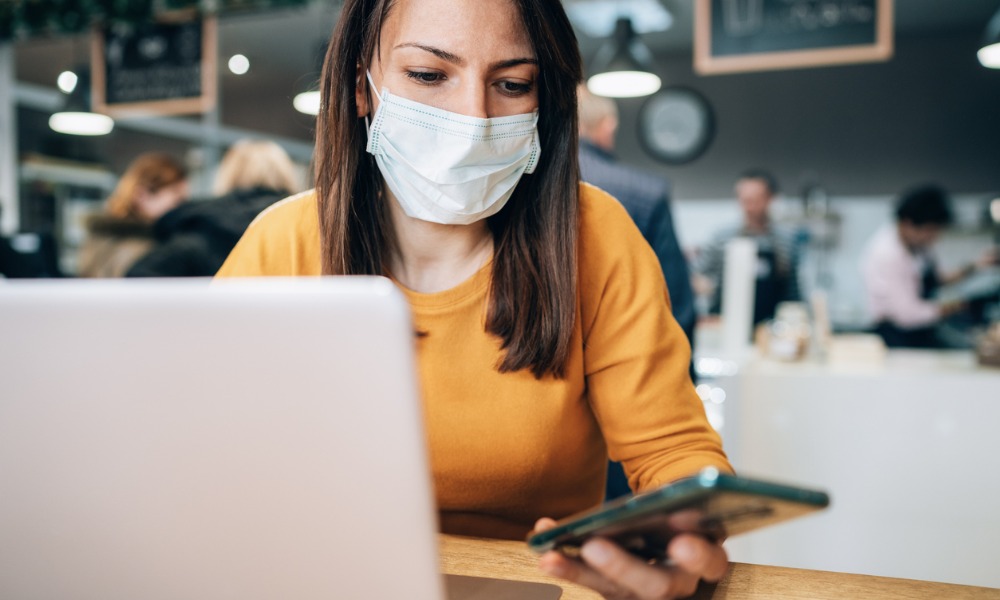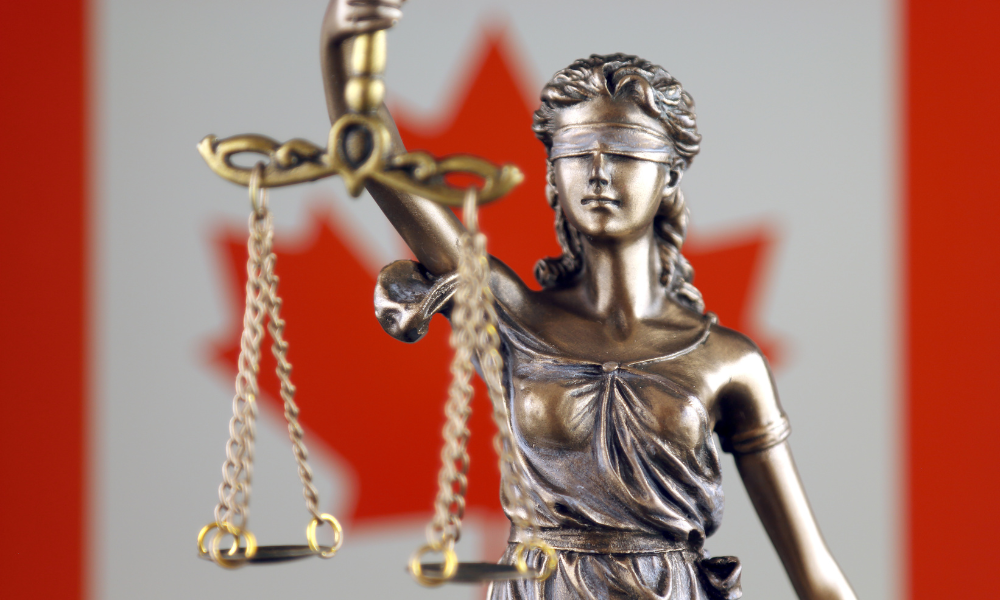What happens if people refuse to work or a workplace has to temporarily close?

When it comes to the COVID-19 pandemic, it’s about taking a balanced approach, says Lorenzo Lisi, partner and leader of the Workplace Law Group at Aird & Berlis in Toronto.
“This is [about taking] a balancing approach by employers. Assessing risk versus avoiding an overreaction. It really does require an assessment of the situation and the workplace on a case-by-case basis objectively and consistently. There’s no one response that’s appropriate but it’s important not to over-react,” he says.
“While there are still a limited amount of cases in Ontario, if you look at the experience in other countries, it's expanding rapidly. Employers have to have a plan and execute that plan on how they will manage the workplace given the issues that might arise.”
The bottom line is that the situation is moving so fast, that employers and employees are going to have to work together to get through this, says Lisi.
“There’s going to need to be trust, not confrontation. Everyone is experiencing concern and in many ways fear. Clear communication and cooperation really is the best way to deal with this.”
Q: What are the health and safety requirements?
A: There's an obligation under occupational health and safety legislation to ensure that there's a safe work environment. Employers have to show that they have exercised due diligence in ensuring the safety of its employees from hazards at work. And possible exposure to coronavirus can be considered a hazard. So that's the principle.
So, how does that apply in the situation? Well, if we have employees who are coming back from [hotspot] areas, an employer may want to have them self-quarantine. Certainly, if they have been exposed to someone with coronavirus, an employer should require them to self-identify and self-quarantine. That’s a practical step to making sure others in the workplace don’t get exposed. But it requires some investigation. For example, if an employee in a manufacturing facility comes up and says, “I have been exposed to somebody who told me they had the virus” then we need to confirm that information is correct. And then to address whether or not that person will be self-quarantined and whether there's a risk in the workplace that he or she has or might create a risk to other employees.
It’s all about diligence. Asking the right questions. Staying on top of things. It's no different than any other hazard in the workplace. Involving the joint health and safety committee. It should be treated within the same framework as any other health and safety issue. Which makes sense. It gives us a process. Involves employees. From there, you can start to look at the variables and create protocols and policies.
If an employee is sick and suspects they have been exposed, they need to tell the employer immediately. That should be a part of any coronavirus policy or protocol. In that case, they should not be allowed to return to work, which might expose other employees to the same risk. They need to self-quarantine and not return to work until cleared.
Q: How should sick days be handled?
A: It's almost putting the cart before the horse. The first question is “Does the employee require a sick day?” There's a difference between an employee asking for sick leave because they feel they might be exposed and are afraid to come to work, and someone who is actually ill and might have been exposed. In that case, the sick leave policy would kick and, if you have sick leave benefits, they could apply. Employers should check with their insurer on this. If there are not sick leave benefits, the federal government has said they will eliminate the waiting period or reduce it for those who need assistance.
The decision to grant any additional sick leave days is really up to the employer. As much as they might want to help, remember that given the impact of the virus on the economy, they may have real financial issues already. Business may be down significantly or dried up. If they top up [sick leave] or pay where they didn’t have to before, this comes off the bottom line. And all the while they might be trying to operate with fewer employees. For example, a scenario where 70 per cent of the workers are off at home, the bigger issue is: Can the business survive?
In terms of verifying absences, if an employee says, “I can't come to work because I've been exposed” then they need to confirm the basis upon why the employee is not coming to work. I don’t think, given the current circumstances, you’re going to get an employer saying, “Well, unless you provide me with a doctor's note, you're not coming in, we're not paying you.” But, for example, somebody who voluntarily says, “I'm going on a cruise” and then the [cruise] gets quarantined, they may not be sick, but they can't come to work. That may be an unpaid leave of absence issue.
Q: How should employers deal with a work refusal?
A: There’s a real chance that employees may panic or overreact. They may say they won’t come to work because they are worried about getting the virus, which is effectively a work refusal. And while employees have a right to refuse unsafe work, it has to be based on a reasonable assessment of the risk. The employer has to look into it. Involve the joint health and safety committee, if required, and determine if there is any basis for the refusal. If there's no basis upon which for them to take that position — nobody has been exposed, they don't know anybody, there's nobody in the workplace who has been exposed or appropriate measures have been taken — you can say, “Look, we have determined that there is no risk. You have to come to work.”
But given how hard this threat has hit us all, employers may not want to move directly to discipline. Instead, they might want to say, “You can take an unpaid leave of absence if you don’t want to work” Managing worker fears and concerns is a big part of this. Avoid panic, and deal with each situation. Employees are scared, and employers need them to work, but to be open and honest about the situation.
Q: How should employers handle employee travel?
A: Employers need to advise their employees of what the parameters are and what the precautions should be. So, for example, having restrictions on travel outside of the country or to any of the hotspots for business.
Many businesses have already done this. They have banned business travel not only to hotspots but generally. They have also asked employees to disclose personal travel and said they need to report back when they return. And if the employee is going to a high-risk country, they need to strongly consider whether they should be going. If they do, they will be required to self-quarantine on return.
Q: How should remote work be handled?
A: Employers right now, including my own firm, is saying, “We need updated information with respect to your ability to work from home, your computer and network information as well as whether or not you have a scanner, printer, internet line?” All of that, so that in the event that we do need to self-quarantine, we can still work.
[Also consider] the issue of the confidentiality of the documents, and cyber security: Does the work require confidential or privileged documents? Employers should take all active steps to ensure that the information is protected.
Q: What happens if a workplace has to temporarily close because of the virus?
A: If an employer has to reduce operations or even shut down, this would result in a layoff. In a unionized [environment], you would simply lay off employees as per the collective agreement. For non-unionized employees there might be an issue as to whether the lay-off could trigger a constructive dismissal.
Q: Can an employer force employees to use sick days or vacation days?
A: In a unionized environment, the collective agreement sets out how these personal days are used. Forcing employees who have been told to self-quarantine to use them would likely result in a grievance, because it really is an employee benefit, meaning it’s up to the employee as to when they use them. The more likely approach is that employees who are sick would use the sick leave days they have. And apply for sick leave benefits if they have them. Same with non-unionized employees: if they’re sick, they would apply for benefits if available; however, if there are no benefits, it might be an unpaid leave.




